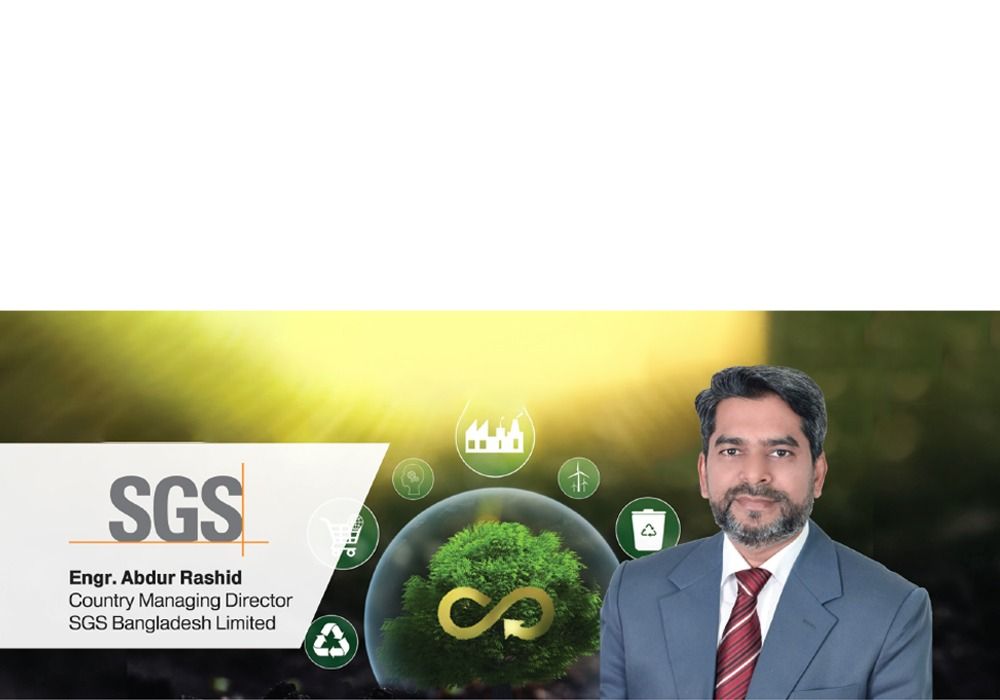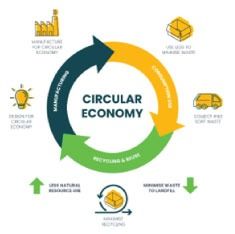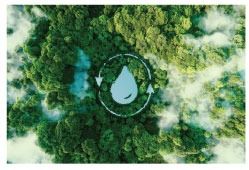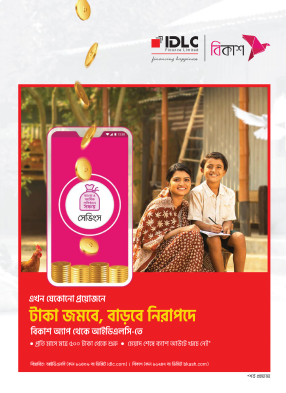- info@ficci.org.bd
- |
- +880248814801, +880248814802
- Contact Us
- |
- Become a Member
- |
- |
- |
- |
- |

In the era of accelerating climate risks, resource scarcity, and shifting regulatory landscapes, sustainability is no longer a choice-it is a central driver of resilient and future-ready businesses. Bangladesh, with its rapid industrialization and vibrant entrepreneurial spirit, stands at a pivotal juncture where circular economy models can redefine both competitiveness and environmental stewardship. In this context, circular solutions for plastics and water management have emerged as not only environmental imperatives but also significant business opportunities.
As the Country Managing Director of SGS Bangladesh Ltd., and in my role as a Member of the Executive committee of FICCI and the President of SBCCI, I have had the privilege of closely observing how local and global companies are rethinking their strategies to embrace circularity, reduce ecological footprints, and build resilient supply chains.
Rethinking the Linear: Embracing the Circular
Traditional linear production and consumption models based on extraction, consumption, and disposal have proven to be ecologically unsustainable. Circular economy models offer a transformative alternative by promoting waste elimination, material reuse, and resource regeneration.
In Bangladesh, we are seeing encouraging progress. From the garments sector adopting zero-discharge water management systems to packaging manufacturers integrating recycled polymers into their value chains, circular thinking is gaining ground. These initiatives are not only environmentally responsible but also economically advantageous-reducing material costs, minimizing regulatory risks, and improving investor confidence.
At SGS, our work with manufacturers, recyclers, and exporters has shown us that integrating circularity requires a well-aligned ecosystem: clear standards, robust certification systems, capacity building, and collaboration across stakeholders.
At SGS, our work with manufacturers, recyclers, and exporters has shown us that integrating circularity requires a well-aligned ecosystem: clear standards, robust certification systems, capacity building, and collaboration across stakeholders.

Tackling Plastic Waste with Purpose
Plastic pollution has become one of the most pressing global challenges. However, through circularity, we can convert this crisis into a value-generating opportunity.
Businesses are increasingly designing products for recyclability, establishing post-consumed plastic collection systems, and exploring biodegradable alternatives. SGS has supported clients through services aligned with standards such as EN 15343 for traceability of recycled plastics, ISO 14021 for environmental labeling, and GRI reporting for sustainability disclosures.
The circular model in plastics also ties directly into ESG performance metrics, particularly for industries navigating scope 3 emission reductions, plastic taxes, and extended producer responsibility (EPR) schemes. As global supply chains become more transparent and traceability-driven, adopting verifiable circular practices is not only a reputational shield but a gateway to global markets.
Water: A Shared Resource and Shared Responsibility
Bangladesh is particularly vulnerable to water stress, which makes corporate water stewardship a national priority. Circular water management- encompassing water use reduction, treatment, reuse, and recharge-is fast becoming a business-critical strategy.
In sectors like textiles, leather, and agro-processing, water efficiency is no longer just a compliance issue; it is a metric of operational excellence. Through ESG assessments and sustainability assurance services, SGS has helped companies develop and report on circular water initiatives that enhance resilience, reduce costs, and demonstrate leadership.
Global frameworks like the GRI Standards, CSRD, and TCFD are now placing water use and water-related risks at the center of sustainability disclosure. Businesses that proactively adopt circular water strategies are better positioned to navigate these frameworks and attract sustainability-conscious investors.

ESG and Circularity: A Competitive Advantage for Bangladesh
Circular solutions in plastics and water are no longer isolated CSR projects-they are core to strategic ESG performance.
Bangladeshi companies that commit to circular economy principles stand to benefit from:
• Improved ESG ratings
• Access to green financing and sustainability-linked bonds
• Lower resource and operational costs
• Enhanced compliance with international buyers' requirements
• Stronger brand and stakeholder trust
Moreover, frameworks such as the EU Taxonomy and Sustainable Finance Disclosure Regulation (SFDR) are pushing global capital towards circular and climate-positive business models. To stay competitive, our private sector must align swiftly and strategically.

The Role of Leadership and Collaboration
As President of SBCCI and a Board Director of FICCI, I firmly believe that leadership both within organiza- tions and across sectors is essential to catalyze this shift. FICCI's role in knowledge exchange, policy advocacy, and industry collaboration has never been more critical.
Our June 2025 Bulletin seeks to spotlight actionable insights, real-world case studies, and innovations that drive sustainability in business. I encourage all stakeholders from entrepreneurs and investors to policymakers and civil society to embrace the circular transition not as a challenge but as an extraordinary opportunity.
Bangladesh can become a regional hub for sustainable and circular production but only if we act together, decisively and boldly.





